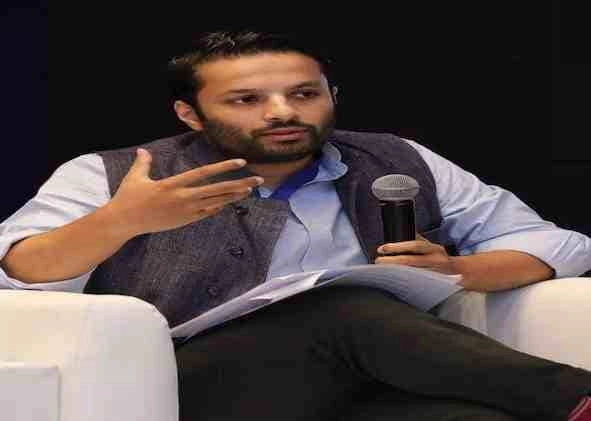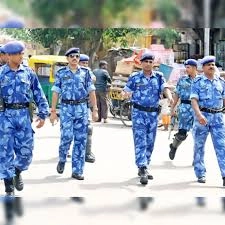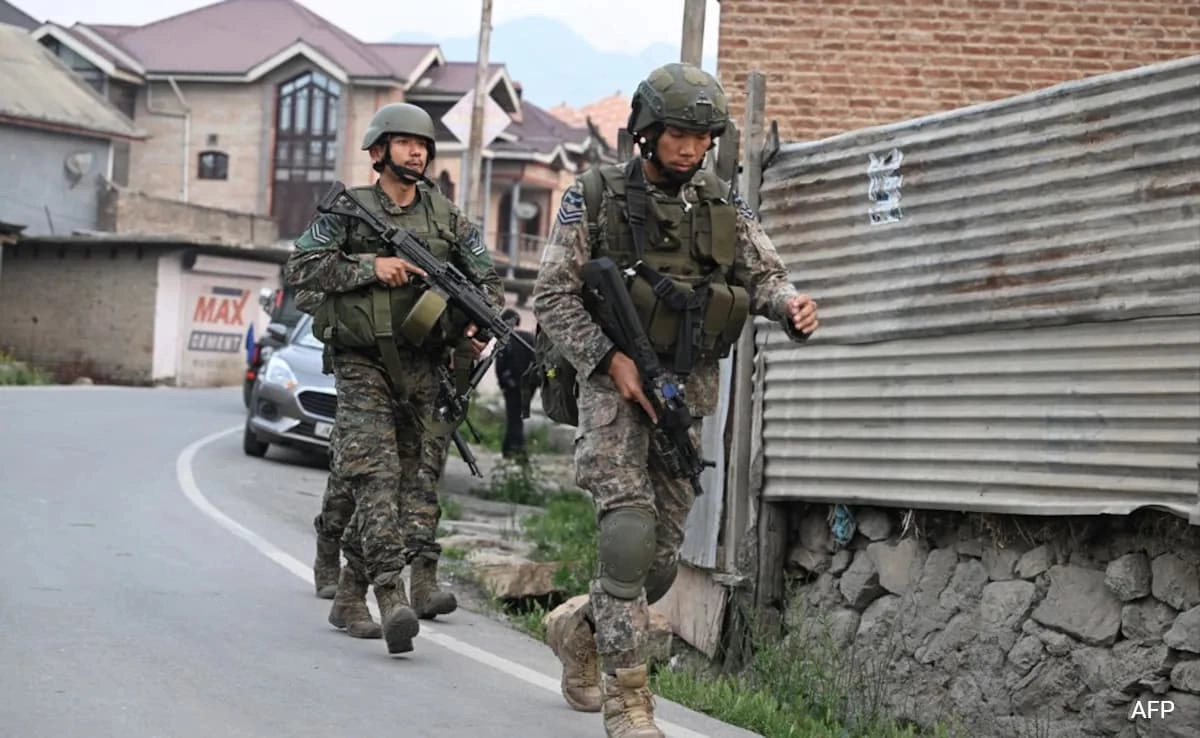Ashoka University has recently been in the spotlight following the arrest of one of its professors due to a controversial social media post related to Operation Sindoor. The post, which was perceived as provocative and politically sensitive, sparked widespread discussions on academic freedom, expression, and the implications of social media in contemporary society. Operation Sindoor refers to a covert operation that aims to address issues surrounding national security and intelligence, making it a particularly charged topic in the Indian socio-political landscape. The professor’s comments were interpreted by some as critical of the operation, leading to a backlash that culminated in legal action.
The arrest has ignited a fierce debate about the boundaries of free speech in academic settings. Many supporters of the professor argue that academic institutions should be bastions of free thought and expression, where scholars can engage in critical discussions without fear of repercussions. Critics, however, contend that certain topics, especially those related to national security, require a more cautious approach, as they can incite public unrest or challenge governmental authority. This incident raises essential questions about the responsibilities of educators and the impact of their words in an increasingly polarized environment.
Furthermore, this event has highlighted the role of social media in shaping public discourse and the consequences that can arise from online interactions. In an age where opinions can spread rapidly and be misconstrued, the line between personal expression and professional responsibility becomes blurred. The situation at Ashoka University serves as a case study for other academic institutions grappling with similar issues, as they navigate the complexities of maintaining a space for open dialogue while also being mindful of potential repercussions. As the legal proceedings unfold, the academic community and the public alike will be watching closely to see how this case influences the conversation surrounding free speech, accountability, and the role of academia in society.
In conclusion, the arrest of the Ashoka University professor serves as a poignant reminder of the delicate balance between free expression and societal norms. It underscores the importance of fostering an environment where academic inquiry can thrive, while also acknowledging the potential ramifications of vocal dissent in a politically charged atmosphere. As debates continue, it is crucial for all stakeholders—educators, students, and the broader community—to engage in thoughtful discussions about the implications of this incident and the future of academic freedom in a rapidly evolving world.




